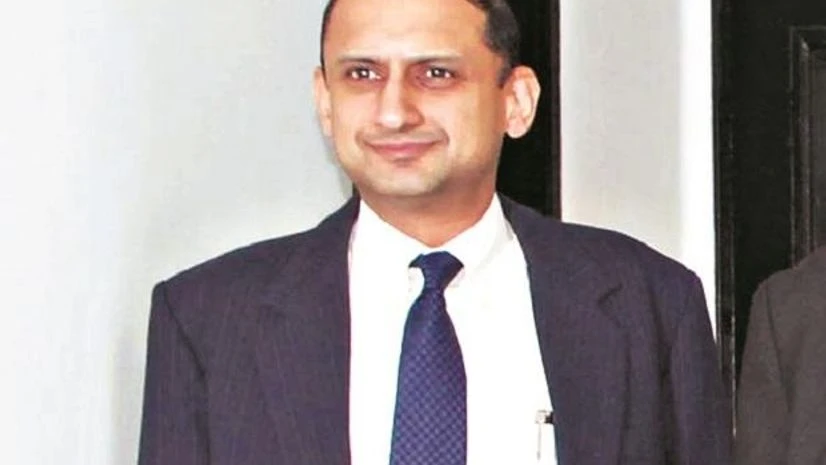Former RBI Deputy Governor Viral Acharya on Wednesday said he is worried about US tapering coinciding with RBI's rate tightening, and warned that barring high forex reserves, domestic conditions are the same as the ones during the 2013 'taper tantrums'.
Acharya said India is fraught with high inflation, wide fiscal deficit and stock markets on a tear, which are exactly the same as the ones that led the country to be among the 'fragile five' in 2013.
Domestic markets breathed a huge sigh of relief after the US Fed last week indicated that it is not thinking of normalising its post-COVID accommodative policies as yet.
Acharya, who quit RBI to go back to teaching in New York, said he fears the US monetary authority is behind the curve and may have to act suddenly which can lead to outflows from global markets like India, exactly similar to what happened in 2013.
"If foreigners are pulling out and domestic monetary policy is tightening at the same time when Fed normalizes, it is going to be a shock after 2-3 years of extreme high liquidity conditions (in India), Acharya said, speaking at an Elara Capital event.
Also Read
He said inflation is very high and there is unprecedently large liquidity in the system right now which will force the RBI to act by raising rates.
"Hopefully, even if it is a shock, the system have buffers to absorb it. I am worried because taper tantrum was not a very pleasant episode, some of the initial conditions are similar. We are running high fiscal deficit, high inflation, and negative real rates. All of those were conditions in 2013 as well," he said.
Acknowledging the over USD 600 billion in forex reserves amassed by RBI as the only difference, he said, "the question is how large is the pullout of the liquidity and how much has the central bank to domestically tighten. So, it is certainly a risk."
Acharya said while the taper tantrum is an imminent short term risk, consumption by Indian households and the impact on retail assets quality will be the risks from a long term perspective, Acharya said.
In his speech, Acharya said only a fraction of the small businesses in the country depend on formal finance and there is a very high need to get more such ventures into formal finance.
He suggested a departure from the present obsession with collateral-based lending to one where technology tools are used to assess repayment capacity by analyzing an entity's cash flows.
For loan sourcing, Acharya pitched for a shift to a system where loan service providers like e-commerce apps, food delivery apps etc will replace the direct selling agents appointed by banks at present, pointing out that the e-commerce companies have better understanding of an entity or person they serve as compared to the DSAs.
Acharya said that the equity debuts of some such e-commerce ventures are at very high valuations but mentioned that may be investors are buying-into such possibilities.
Such loan sourcing tie-ups along with the public credit registry will be very useful for the credit deepening in the country.
(Only the headline and picture of this report may have been reworked by the Business Standard staff; the rest of the content is auto-generated from a syndicated feed.)

)
